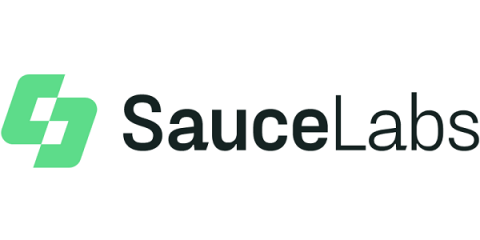Systems | Development | Analytics | API | Testing
Latest Blogs
What is the Difference between API Observability vs API Monitoring
The traditional definition of API monitoring has been around for years from companies like SmartBear, APIMetrics, and Runscope and useful to check API correctness and performance. An API monitoring tool initiates API calls against your chosen endpoints and then records the response received. Additional checks can be added such as create a slack alert on a 500 error or timeout.
Introducing Versions API to Automate Error Response for New Code Versions
You know the feeling. You’ve just deployed a new version to production and are monitoring the Rollbar dashboard for any new errors or looking out for any Slack notifications. You’re keeping an eye on the number of new or reactivated errors, their severity level, and triaging to see which errors need to be assigned and to whom. Now what if you could automate these tasks?
Real-Time Cost Alerts and Forecasts for AWS
For many companies, cloud costs are among the top investments these days. With a growing number of services, instances and regions, cloud cost optimization is becoming increasingly painful. Companies use cloud management platforms to optimize costs and increase cloud visibility and security. But staying on top of AWS budgets requires proficiency, agility and time—especially when any glitch can result in massive cost bleeds.
Do Cloud Better with an Enterprise Data Cloud
Cloud for analytics may be the biggest bait and switch in recent history. Until now. Not long ago, cloud was billed as the promised land – a mystical paradise of flexibility, scalability, performance and, best of all, lower costs than we ever thought possible.
How to Test Ruby Code That Depends on External APIs
Few things are more frustrating than slow, flaky test suites. You're ready to deploy, wait 20 minutes for CI to run, only to find that a test failure in code you've never touched is blocking you. You dig into the source and find the problem: an external API call. It works (slowly) most of the time. But sometimes the network glitches and it fails. What do you do? In this article, José Manuel shows us several techniques for removing external API dependencies from our tests.
DoD Customers Securely Access DODIN Hosted Appian Applications From Their Mobile Devices
Appian, in cooperation with Defense Information Systems Agency (DISA) engineers and the United States Marine Corps, now supports mobile access to Appian applications within the Department of Defense Information Network (DODIN). This enables access to the Appian platform, as well as Appian applications and solutions deployed in a DODIN Cloud-approved enclave (AWS, GovCloud, Azure, etc.) via any DOD-approved iOS or Android mobile device.
Harnessing Data in Motion for Government Agencies
Today’s public sector organizations and government agencies demand a new standard for communicating and sharing information. That includes data-rich content that moves through environments, networks and locales. From being stored, analyzed and shared, to quickly and effectively moving between environments, to spinning up in clusters and informing endless applications—data is more critical than ever.
Continuous Testing in the Retail Industry
In today's retail marketplace, digital channels hold a prominent and often central position. Modern software practices emphasize the need for rapid development and deployment. The retail world is no exception to this need for speed. To match the pace of innovation, continuous testing throughout the software development life cycle is the best way to build digital confidence and provide a great user experience.
How Fivetran Solved Database Replication
As one of our senior engineers explains, it took years of hard work and incremental progress.










